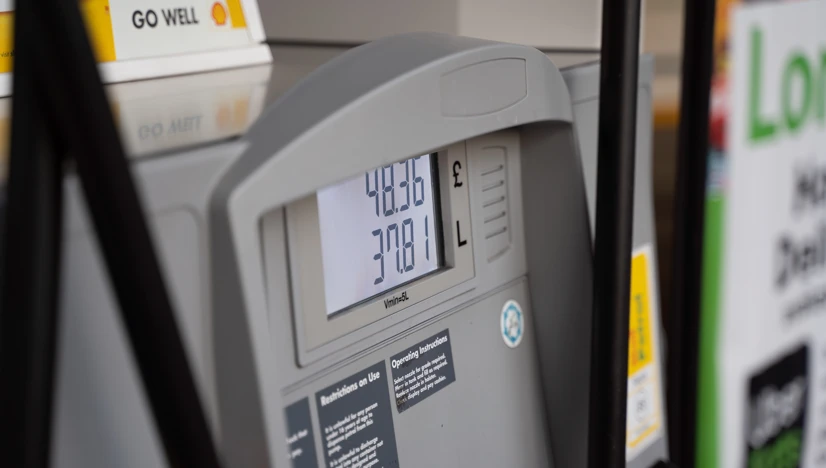Putin’s War Is Damaging the Developing World

Photo by Krzysztof Hepner on Unsplash
Project Syndicate, 2022
In this short essay, Jayati Ghosh gives an overview over the multiple ways in which the economic "fall-out" of the War in Ukraine is hitting economies and societies in the developing world. She focuses on price hikes on commodity markets, highlighting especially the price rises related to food and energy. Based on this analysis she calls for financial support for the affected economies in the developing world.
Comment from our editors:
Stressing the (potentially dramatic) secondary effects of the War in Ukraine on countries in the Global South Jayati Ghosh's essay is a crucial reminder that the War in Ukraine as well as the sanctions regime implemented as a response do not only affect the warring parties and their allies. The piece is thus an important reminder that solidarity with those affected by war cannot not be limited to Ukraine but needs to expanded and include the less visible economic effects of war.
Go to: Putin’s War Is Damaging the Developing World
